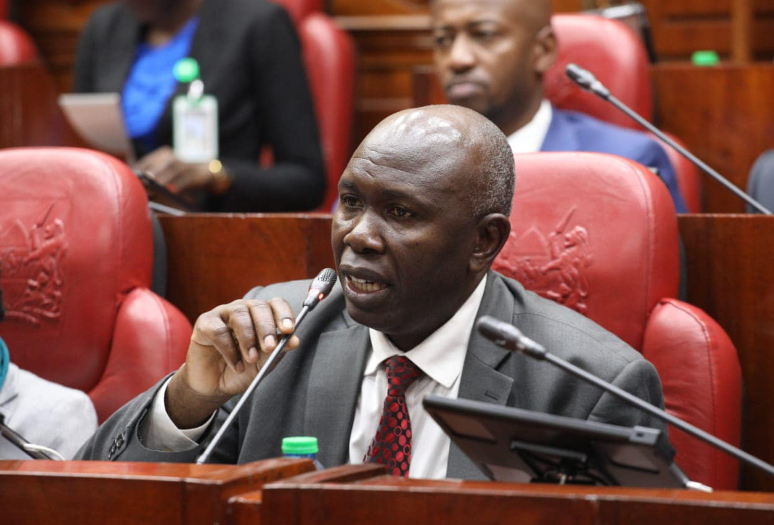‘Issuing cautionary statement is all we could do’ – CMA says over Worldcoin saga

The Capital Markets Authority (CMA) CEO Wyckliffe Shamia now says that the body had no authority over the activities of Worldcoin in Kenya.
Appearing before the Parliamentary Ad hoc Committee investigating the activities of Worldcoin, Shamia said the financial investment that the company intended to make in the country was neither examined nor approved by CMA.
“We issued cautionary statements to Kenyans in dealing with Worldcoin because the company is not one of those we are mandated to oversight, and the financial investments they intended to make were neither assessed nor approved by the Capital Markets Authority,” Shamia said.
According to Shamia, CMA has no regulatory role or oversight on cryptocurrencies or cryptocurrency-related transactions in Kenya, which was Worldcoin’s tool of trade.
“Cryptos have been in various markets, but we need to go into them very carefully having assessed the impacts, otherwise they will have very serious repercussions on our systems, as they operate on the sides of, and not within our systems,” Shamia added.
According to the regulator, there is a need to develop laws governing cryptocurrency and crypto-related activities, which he termed as being very dynamic.
“We need to look at our legal frameworks, we are in a state where there is no clear mandate on anyone to regulate and supervise the crypto world. These innovations change very fast, and this demands for clear consideration of the volatile nature of the crypto-market, even as we formulate laws to govern their operations,” he added.
Recently, the Office of the Director of Computer and Cyber Crime Coordination revealed that Kenya led in terms of Worldcoin subscriptions across 34 countries where the company operates.
National Computer and Cyber Crimes Co-ordination Committee’s (NC4) Head of Cybersecurity, Policy and Standards David Njoga said the situation in the country was alarming and posed a security threat.
“The rate at which world coin was being adopted just like other cryptocurrencies is not only disturbing but alarming, because 350,000 people in one week is quite high, contributing 25 per cent of their customers,” said Njoga.
Njoga contradicted Data Protection Commissioner Immaculate Kassait who had said the data collected was safely stored in the country. He said the data was stored by Amazon Web Services in the United States.














